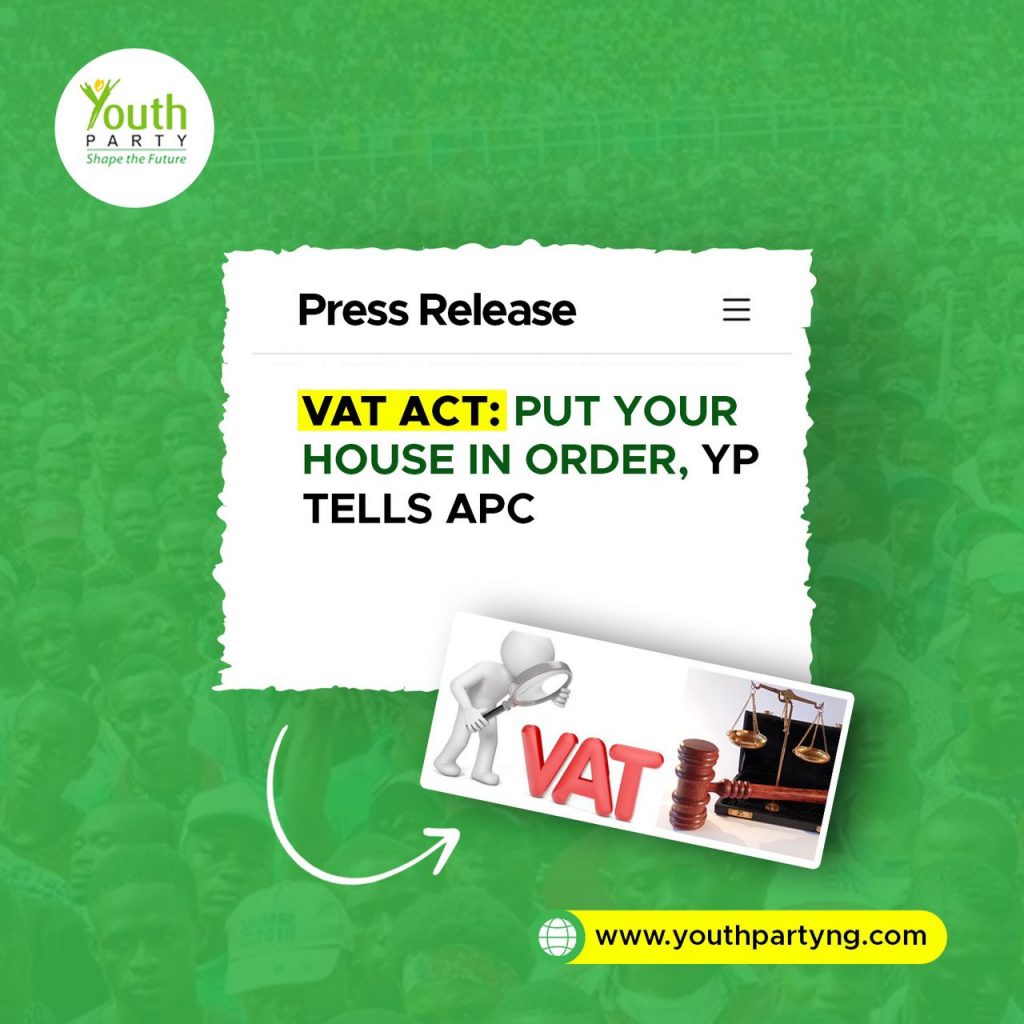
While our party supports the tax reform bills, we condemn the dysfunctional manner of their proposed enactment through the National Assembly. We argue that the APC Government is unnecessarily dividing the country along ethnic and geographical lines without thoroughly examining the legal and political feasibility of the bills, particularly the VAT Act.
Clearly, the lack of consensus within the ruling party and among its governors has triggered internal conflicts capable of sabotaging the merits of the proposed bills. A situation where the National Economic Council, membered by 36 state governors (22 of whom are members of the APC) and chaired by the Vice President, have called for the withdrawal of the bill suggests the need for wider consultation. Similarly, the openly contradictory positions between the Senate President and his deputy, both of whom are members of the ruling party, on the suspension of the legislative process, calls for concern.
Nigeria faces critical challenges that underscore its urgent need for comprehensive revenue generation. Currently, our tax income is one of the lowest in the world at 8% to GDP. 4th lowest globally and 2nd lowest in Africa. The country ranks first in out-of-school children, with an alarming infant mortality rate where one in ten Nigerians dies before age five. Healthcare remains inadequate, and police forces are unequipped, untrained, and unfit for 21st-century policing. These systemic issues are compounded by a significant revenue problem characterized by high recurrent expenditure and mounting national debt.
Thus, the tax reform bills align with our 2020 Bold Revenue Policy, advocating for increasing tax income through strategic approaches. We proposed reducing tax rates, expanding the tax base particularly for corporate entities, eliminating multiple taxation, and simplifying tax administration.
Constitutionally, Sections 12, 162, and 163 suggest VAT/Consumption tax is on the concurrent legislative list, meaning the Federal Government can only legislate on inter-state transactions. Consequently, the VAT bill’s provisions relating to intra state consumption tax conflicts with the constitution, potentially inviting significant legal challenges.
VAT is a tax on consumption. VAT is paid where consumption is done. Constitutionally and based on various judicial decisions like the Supreme Court decision in Aberuagba v. Ogun State, there are two types of VAT. The VAT collected on intra State trade belongs to the State of derivation, while those on inter State trade are for the Federal Government to share at FAAC. All VAT collected by the Customs on importation also goes to FAAC. If the bill is passed as is, it would face needless legal challenges and uncertainties. Similarly, the Supreme Court held in A.G. Of Lagos v. Eko Hotel that VAT and Consumption Tax are the same and amount to double taxation on consumers.
Our recommended approach involves passing the bills piecemeal with the uncontroversial ones initially. And, VAT after wider consultation. Also, the outcome of the wider consultation and alignment can be implemented by each state promulgating or amending a consumption tax law at 7.5%, applicable to transactions by individuals and businesses within their jurisdiction. Whilst, the National Assembly passes consumption tax for inter state transactions Corporate-to-corporate transaction taxes.
While a constitutional amendment could provide a comprehensive solution, this may not be time efficient. Therefore, we suggest passing the other less controversial bills and suggest wider consultations on the VAT bill.



